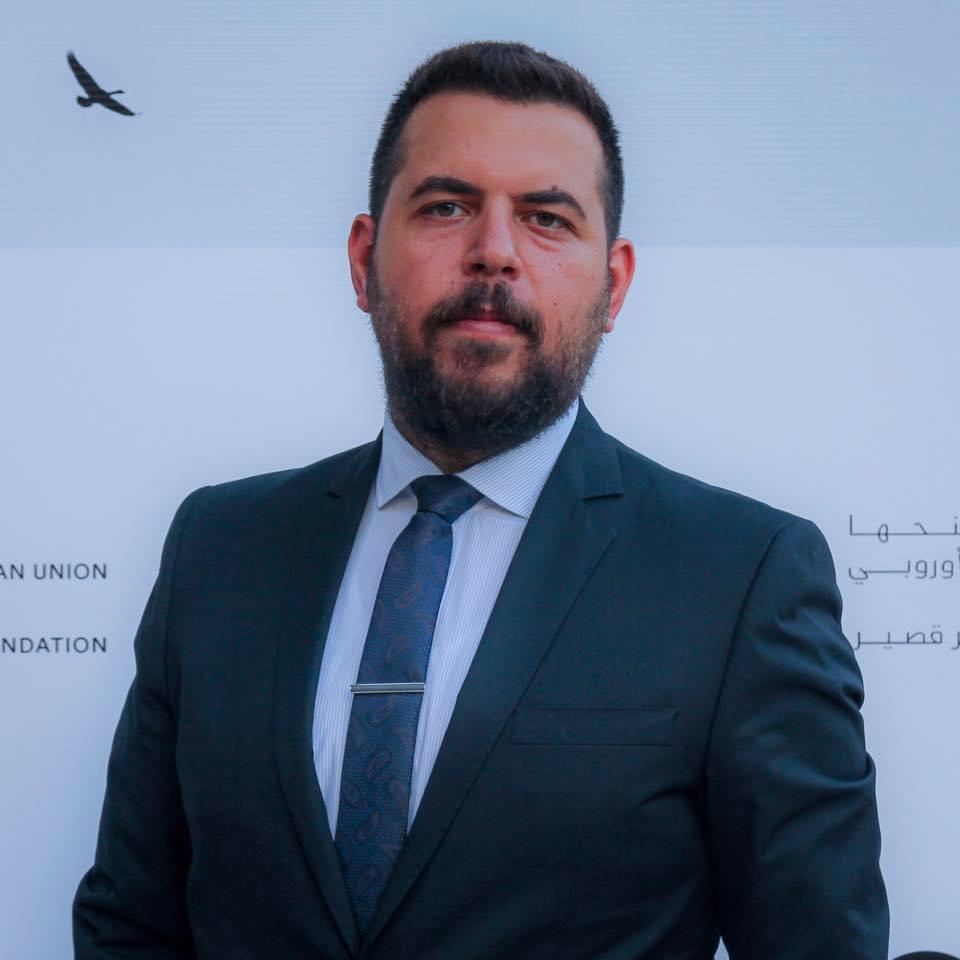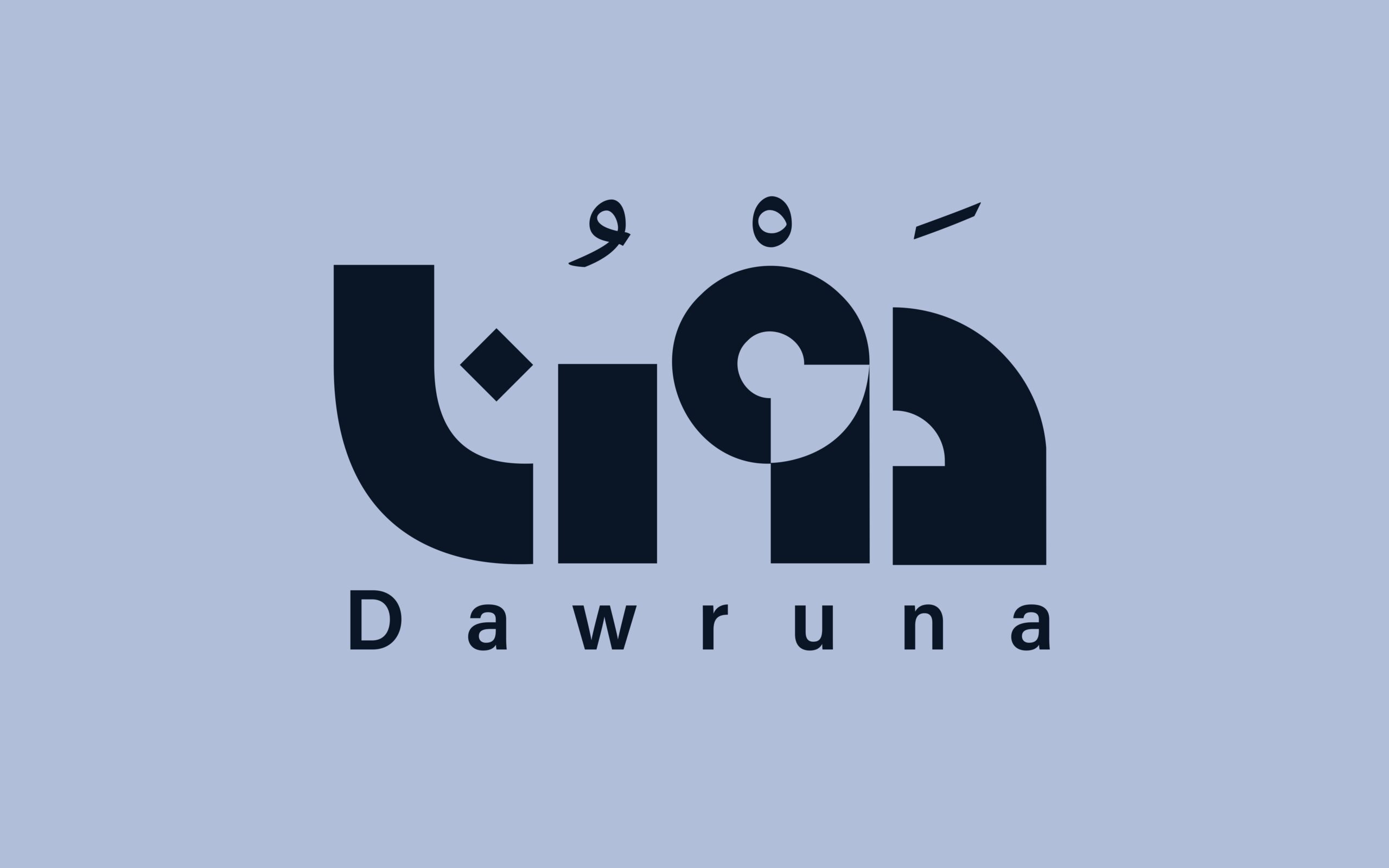What Does Freedom of Expression Mean in Lebanon?

On February 27, 2025, an awareness session was held under the title “What Does Freedom of Expression Mean?” organized by the group DAWRUNA – United for Change. This session was not just a simple awareness activity; it turned into a vibrant political and dialogic space, where about 12 participants from diverse backgrounds came together: university students, activists, journalists, members of the LGBTQ+ community, and people with disabilities. This diversity was not a passing detail; it was the living heartbeat and spirit of the session, allowing us to view the topic from multiple perspectives and break the stereotypical barriers that hinder our understanding of freedom of expression.
During the session, I highlighted the deconstruction of the legal concept of freedom of expression, emphasizing what the Lebanese Constitution stipulates on one hand, and what punitive laws contain on the other—laws that are often used to restrict freedoms, such as libel and slander, insult to state dignity, and other vague clauses that strip rights of their meaning. I also presented a direct comparison with international laws and conventions, such as Article 19 of the International Covenant on Civil and Political Rights, which guarantees this right in an unequivocal and unambiguous way. Real-life examples of violations in Lebanon were also discussed, whether against journalists, artists, activists, or even ordinary individuals who expressed their views on social media.
The session was not a traditional lecture; it was a unique experience. It included a visual presentation that helped clarify legal concepts in a smooth and simplified manner. A quick quiz was also conducted, giving participants a chance to assess their basic knowledge, which led to deeper and more serious discussions. The open conversation evolved into a real debate on the concept of freedom and its limits, addressed the ambiguity of legal language, and raised questions about what needs to change in Lebanese laws to make them more just and clear.
One of the most impactful moments was the discussion about the language used in writing laws. Many participants asked: Who writes legal texts? Why are they worded vaguely? Are they intended to protect the regime or the people? These questions revealed a deep political awareness among participants, especially those from marginalized groups, and pushed us to collectively reflect on the need to reshape the relationship between the citizen and the state, and between legal texts and everyday life.
From my position as a trainer, I believe these dialogues and sessions are an essential part of a long-term national project. Raising legal awareness about the right to expression is not a luxury; it is a fundamental requirement for building a society that is conscious of its rights. Engaging with marginalized groups and returning to grassroots realities is the only entry point for any real political, social, and cultural change in a country like Lebanon, where laws are sometimes used as a tool of repression rather than a shield to protect freedoms.
